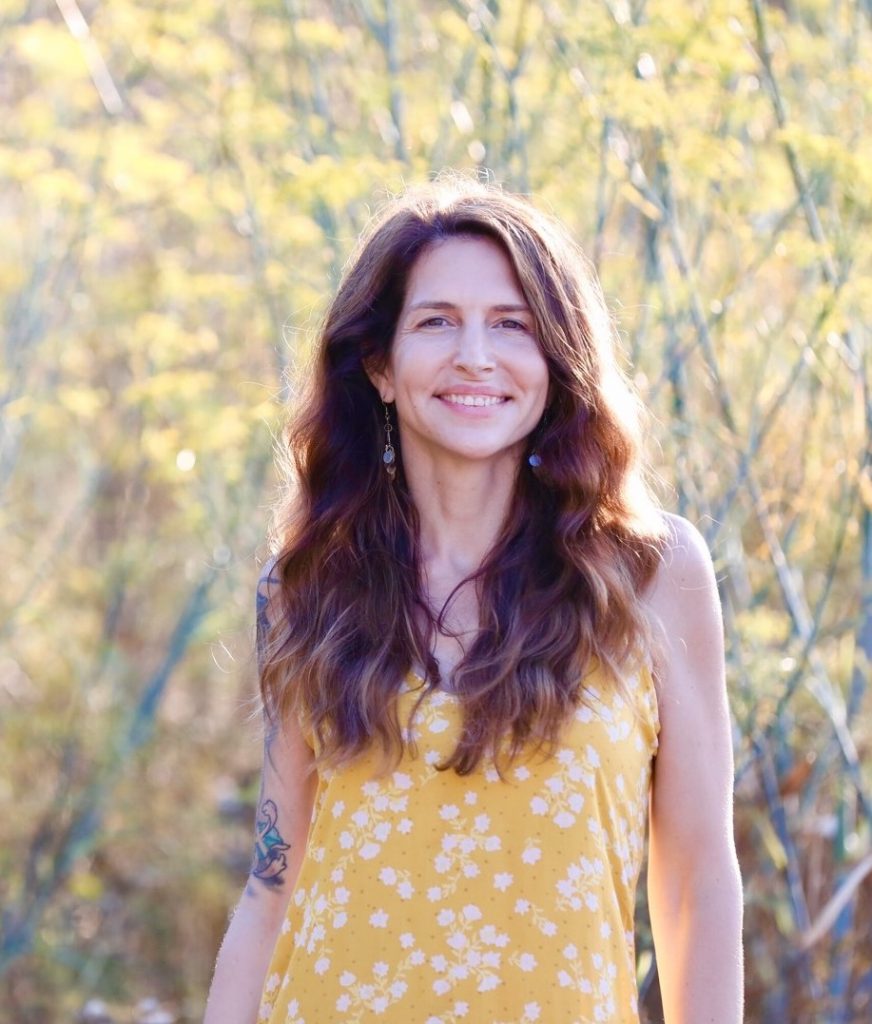I listen for a living. Over the years, I\’ve developed my ability to listen into what people say and – sometimes more importantly – what they don\’t say. My ability to listen closely to my clients is a big part of how I help them get the results they seek.
Really listening to what people say has changed my life in many ways. Over time, I\’ve witnessed many unique experiences, feelings, and thoughts behind a person’s individual perspective. This has strengthened my compassion and broadened my world-view.
This week I\’d like to explore the art of listening and how it can change your life for the better.
Learning to Listen Can Change Your Life
Listening is central to creating relationship. When you deeply listen to what someone says, they feel cared about and understood. People who feel cared about and understood will undoubtably change your life for the better. However, the real impact of listening is how it changes you.
During our lifetime, we hit a million instances of misunderstanding. In fact, most of us spend a lot of time feeling misunderstood. Regardless of how much each of us might try, it\’s virtually impossible to easily navigate the myriad of perspectives contained in each person with total understanding.
This is why it feels so good when we come across someone who is willing to really listen to us. When a person listens to what we say, they show us they care. They demonstrate their desire to know what we think and feel. They want to understand. Their willingness to be present to our thoughts and feelings encourages our loyalty. The payoff is that we\’re much more likely to go to bat for someone who has worked hard to understand what we\’re all about.
But, truth be told, there is a greater benefit to listening well. When we learn to listen, we stop – or at the very least decrease – the amount of misunderstanding there is in the world. The simple act of listening contributes to everyone\’s overall sense of connectedness and wellbeing. Here\’s how this happens –
We learn to see other points of view:
Each of us live in a bit of a bubble. Even the most reflective of us spend the majority of our time reinforcing our established beliefs. If we do not try to see things through other people’s eyes, well, we just don’t. In the best case scenario, this entrenchment in our own perspective leads to misunderstanding. In the worse case scenario, this mode of myopic thinking contributes to things like hate-crimes and wars. Yet, our ability to see other people’s points of view can have powerful and lasting effects. It can inspire innovation and change the course of cultures.
We develop our ability to empathize:
To \”walk a mile in someone else’s shoes\” is a standard piece of wisdom for a really good reason. While seeing another’s point of view can be helpful for creating intellectual understanding, empathizing helps us feel into the emotional factors that guide other\’s beliefs. Empathy forms a “human” bond. It allows us to disagree and still relate to other person\’s emotional experience. This increases our desire to find solutions that benefit both parties.
We stop the cycle of reaction:
When we chose not to listen, understand or empathize, we\’re likely to get caught up in reactivity. In these moments, we will inevitably disagree or get triggered by another person\’s actions. If we don\’t stop to listen or try to promote mutual understanding, we\’re likely to react to what is being said versus responding to it. This makes matters exponentially worse. Listening helps us break the cycle of reaction and creates new outcomes.
We see our limitations:
If we have enough ego-resilience, we can deal with being wrong and we recognize that we are limited – just like everyone else is. Listening to others and suspending our judgments can help us recognize our own limitations and support us to grow and change in positive ways. The very first limitation that listening is likely to reveal is our need to be right. In order to listen well we need to put aside this need. Instead, we must chose to truly hear what the other person is saying.
We see our contributions to misunderstanding:
We often unconsciously do things that perpetuate misunderstanding Our default patterns can go unnoticed if we don\’t listen to other people’s perception of us. By deeply listening to others, we can start to see how we have contributed to the challenges at hand.
So, if you want to change the world, you can start by getting quiet and listening to the people around you. Begin to let what others say and how they say it challenge or even change your limited ways of being in the world. And, by doing this, you may open up the potential for all of us to co-exist more peacefully.

